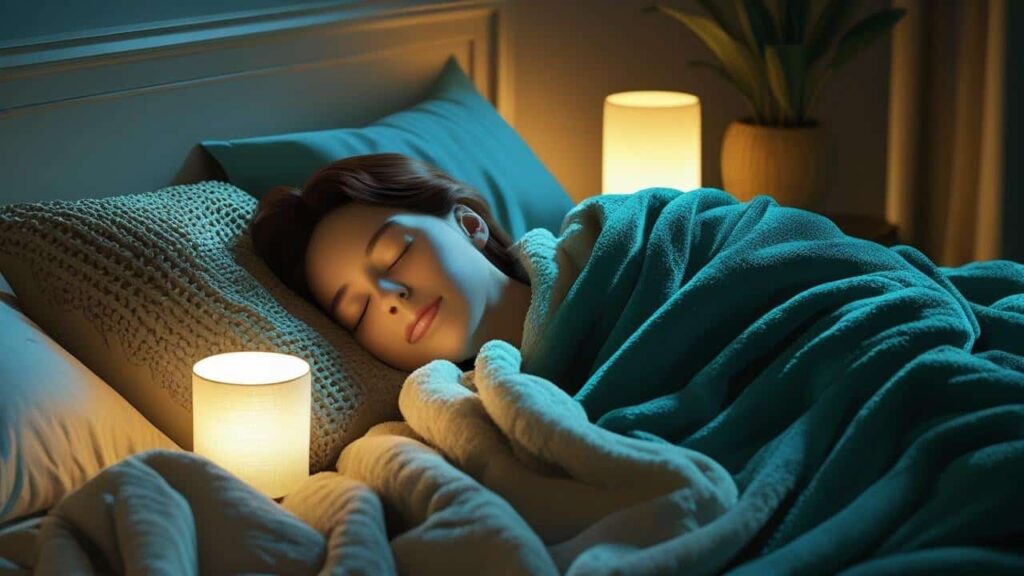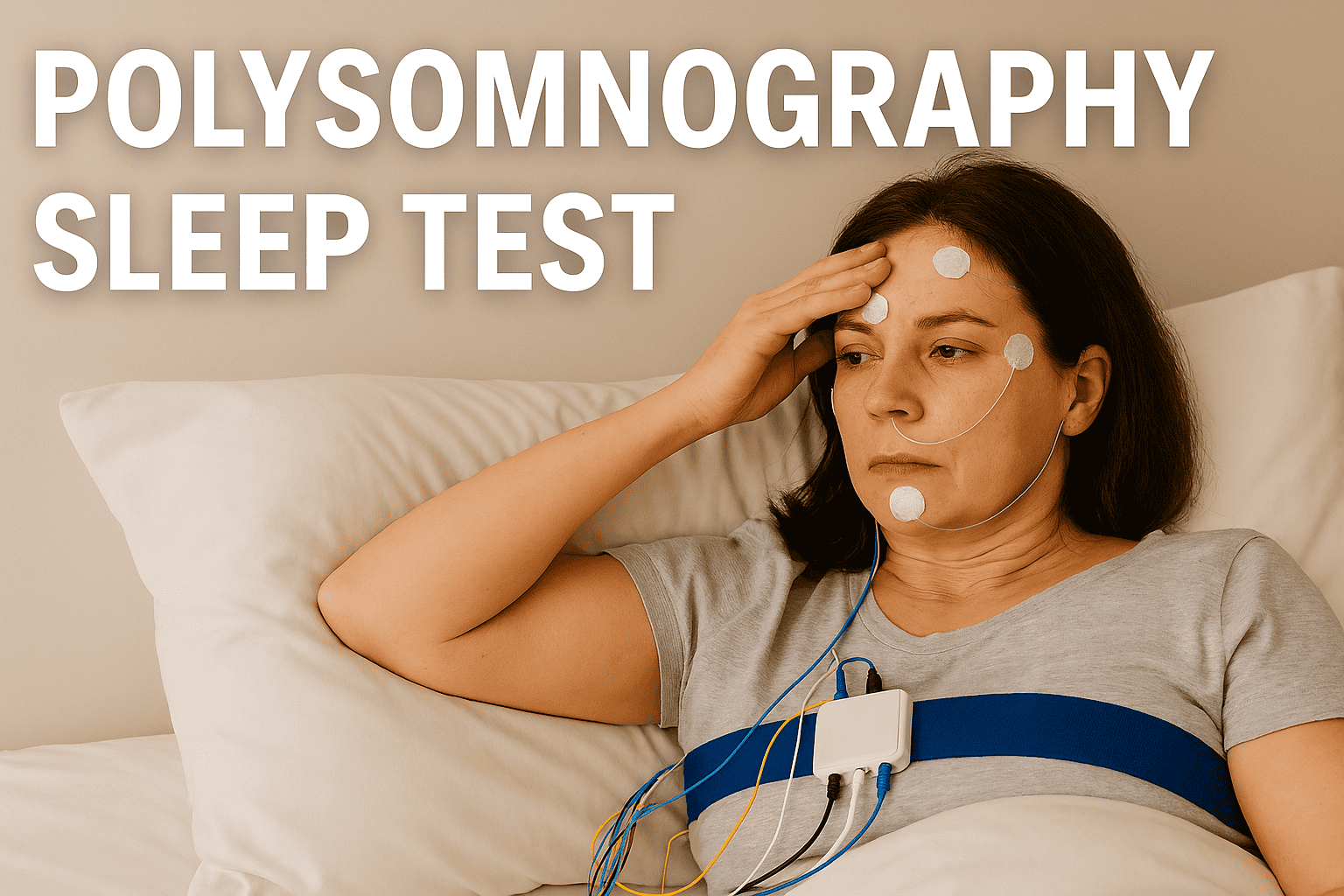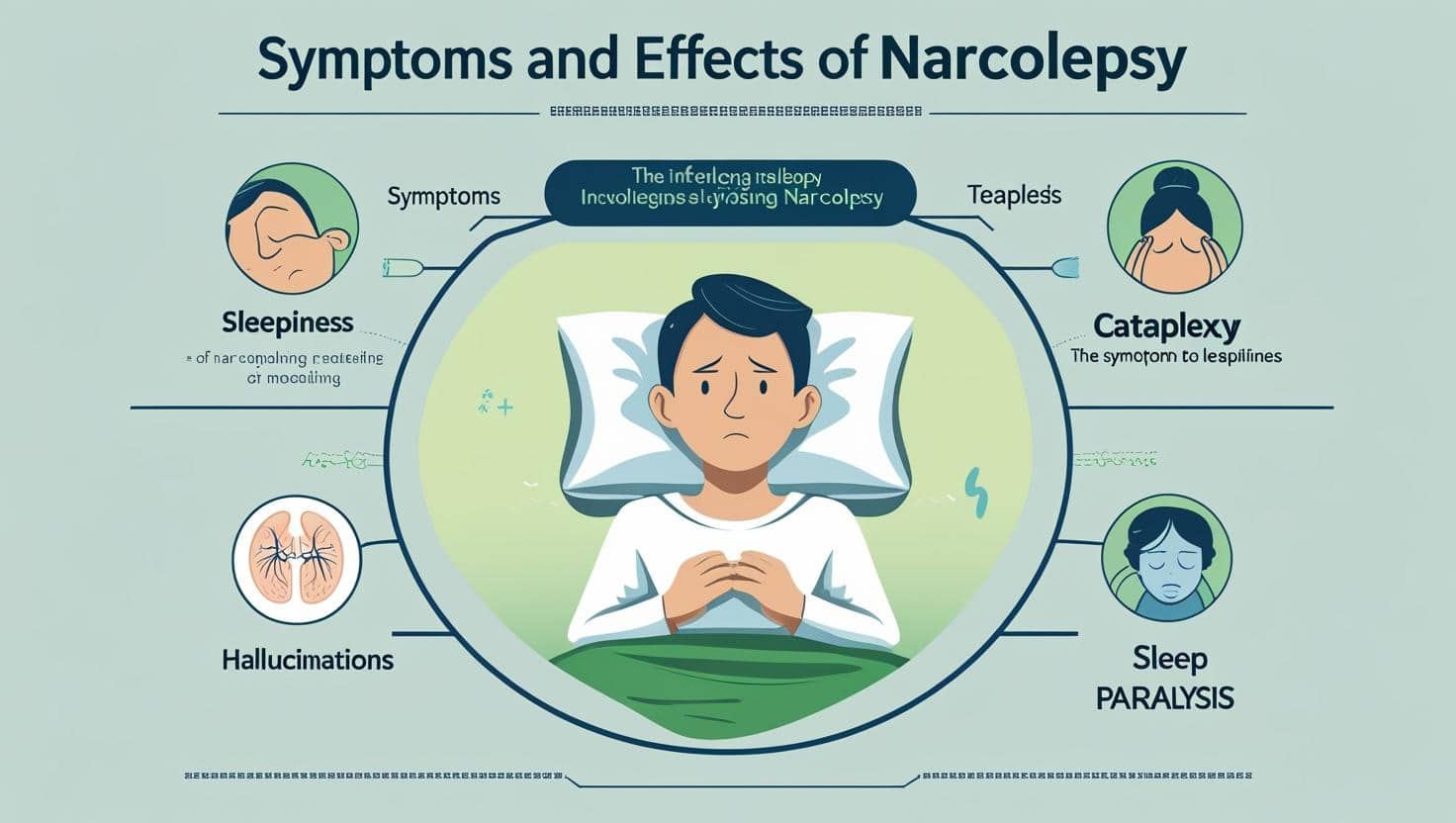How I Learned to Fall Asleep Instantly (Techniques That Actually Work)
Falling asleep instantly used to feel impossible for me. I would toss and turn, staring at the ceiling, wishing I could just switch off my brain. Over time, I experimented with different methods, and some of them truly worked. If you’re struggling with sleep, here are the simple techniques I use that can help you fall asleep much faster.
The 4-7-8 Breathing Method (My Go-To for Quick Sleep)
One of the most effective tricks I discovered is the 4-7-8 breathing technique. Here’s how I do it:
- I inhale deeply through my nose while slowly counting to 4.
- I hold my breath while counting to 7.
- I exhale gently through my mouth for 8 seconds.
I usually repeat this cycle 3–4 times, and it calms my racing thoughts almost instantly. Sometimes I don’t even remember finishing the third round because I’m already drifting off.
👉 This technique helps slow the heart rate, reduces stress, and signals to the body that it’s time to rest.
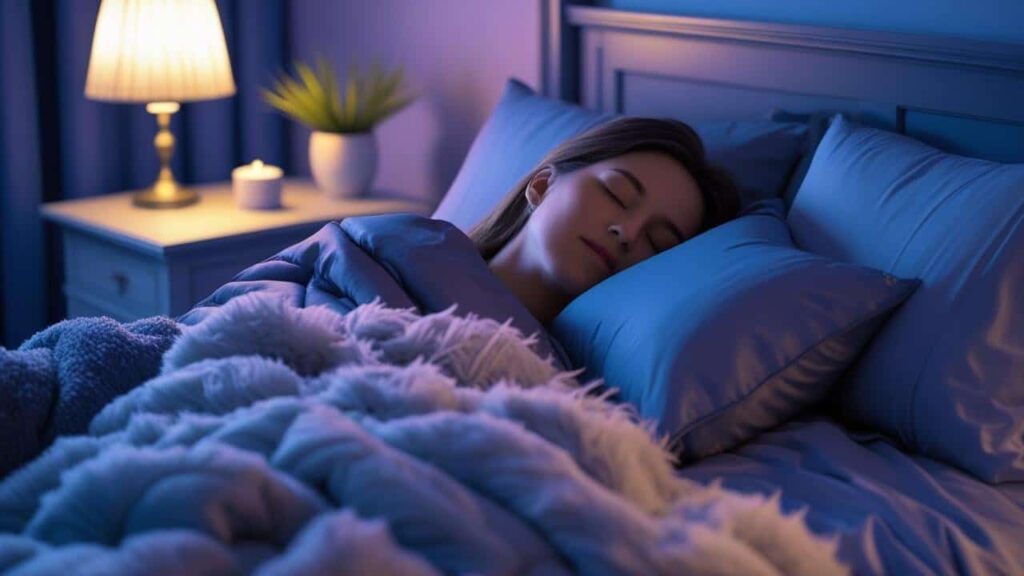
Create a Sleep-Friendly Bedroom
I noticed my sleep improved a lot when I changed my bedroom environment. Here’s what works for me:
- Darkness: I use blackout curtains so no streetlight disturbs my sleep.
- Cool temperature: Keeping the room slightly cool (around 18–20°C / 65–68°F) helps me fall asleep faster.
- Silence: Sometimes I use earplugs, or play soft white noise to block out sudden sounds.
These little changes made my bedroom feel like a sleep sanctuary.
Build a Relaxing Night Routine
Before, I would scroll on my phone until late at night. That was a big mistake. Now, I follow a relaxing routine every evening:
- I read a few pages of a book (nothing too exciting).
- Sometimes I take a warm shower or bath to relax my muscles.
- I listen to soft, calming music or do 5 minutes of meditation.
Doing the same steps every night trains my brain to know it’s bedtime.
The One-Hour Rule: No Screens Before Bed
This was hard for me at first, but it made a huge difference. The blue light from phones, TVs, or computers confuses the brain and delays sleep. Now, I try to stay away from screens at least one hour before bedtime.
Instead, I journal, stretch gently, or just chat with my family. Believe me, it helps you fall asleep much faster.
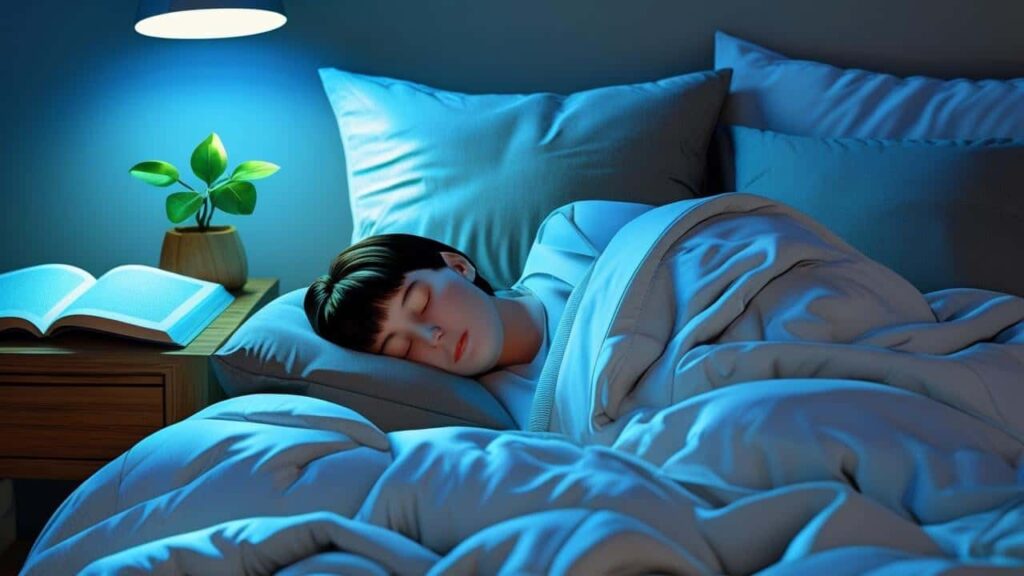
When to Seek Medical Help
Even with all these strategies, if you find yourself struggling with sleep night after night, it’s important to see a doctor. Persistent insomnia can be linked to:
- Stress or anxiety disorders
- Medical conditions like sleep apnea or thyroid issues
- Medication side effects
A doctor can check for underlying causes and may recommend safe treatments, such as melatonin supplements or other therapies.
Final Thoughts
I used to think falling asleep instantly was impossible. But once I started practicing the 4-7-8 breathing, keeping my bedroom dark and cool, and avoiding screens, my nights completely changed. Now I wake up refreshed and more productive.
If you’re struggling with sleep, try one of these tips tonight. Sometimes small changes can make the biggest difference.
✅ Quick Tips Recap
- Practice 4-7-8 breathing before bed.
- Keep your room dark, quiet, and cool.
- Stick to a regular sleep schedule (go to bed and wake up at the same time daily).
- Relax before bed: read, meditate, or take a warm bath.
- Avoid screens at least 1 hour before sleep.
- Consult a doctor if insomnia continues.
Frequently Asked Questions (Sleep Instantly)
The 4-7-8 method helps calm your body: inhale for 4 seconds, hold for 7, exhale for 8. Repeat 3–4 times to relax and fall asleep faster.
Keep your room dark, cool (18–20°C), and quiet. Use blackout curtains, white noise, or breathable bedding for better rest.
Yes, avoid phones, TVs, and laptops at least 1 hour before bedtime. Blue light from screens delays melatonin production and makes it harder to sleep.
Low doses of melatonin can help with jet lag or sleep shifts, but daily long-term use should be discussed with a doctor.
If you struggle to sleep for weeks despite lifestyle changes, consult a doctor. Insomnia can signal medical or mental health conditions.

